Fertilizing
Many people with gardens of all shapes and sizes forget that plants need Fertilizing. Most soils hold nutrients but for consistent continuous healthy plant growth these nutrients need replacing with a regular fertilizing regime. The main nutrients for fertilizing healthy soils are Nitrogen ( N), Phosphorous (P) Potassium (K) as well as the trace elements like Zinc, Boron and Copper to name a few. All are important and play a role in plant health and are critical to fertilizing.
Ensuring your plants have access to these nutrients requires a regular fertilizing plan. Fertilizing must be done when the plants need it the most. This is usually throughout the times of the year when sunlight and rainfall are plentiful and those seasons in Melbourne are Spring and Autumn. Conversely Winter is usually too cold and the plants are often dormant. They simply will not draw the nutrients due to reduced sunlight and colder weather. Summer is usually too hot and any new growth encouraged by fertilizing could and will get burnt off and often damage the plant for months to come.
Timeliness
Best times in Melbourne for example are late Spring to early Summer as this will assist plants reach Autumn in peak condition. Fertilize again during Autumn to ensure plants remain in peak condition over Winter. Of course some plants like bulbs and natives will need a slightly different plan to coincide with their species.
Native Fertilizers
Our native plants are indeed unique and as one pundit said “they are so used to growing in poor soil so they don’t need much fertilizing”. This may be true however we recommend for the best garden even your natives can do with some TLC once or twice a year.
The main recommendation with natives is to use a purpose built fertilizer for natives that is slow release. E.g. The Ozmicote brand has been tried and tested. Typically native plant fertilizers are low in Phosphorus or have no Phosphorus as native plants do not do well in high content phosphorous laden soils. The other recommendation is to not over fertilize and make sure you simply follow the label instructions.
Chose the Best Fertilizer
You have a choice here, buy purpose built fertilizers designed to feed your particular plants or buy a “Complete Fertilizer” that covers everything. Our recommendation is to buy the “Complete Fertilizer“ product and feed the whole garden using the one thing. This way you won’t have many different bags of fertilizers lying around waiting to be used.
Equipment
It is important to use the right equipment if you intend to apply fertilizers. Should your selected fertilizer be granular then use a spreader. You can either obtain the hand held spreaders or the wheel along type, just ensure it will work with your selected fertilizer. i.e. – the Dynamic Lifter type granular fertilizers will not spread in some spreaders as the grains are too large!
Liquid or Granular Fertilizers
Either type will do the job. The liquid fertilizers are either “the plug your hose” in type or the “mix in a watering can” type. Again simply follow the label directions for best results. If you choose granular fertilizers double check the label directions as some need to be watered in or applied during rain.
Weed & Feed
Weed and Feed products are designed to kill broad leaf weeds and at the same time fertilize the remaining lawn. They are not usually designed for general garden fertilizing. It is imperative that you read the label carefully before purchase as some lawns are not suitable for this product. In addition in the experience of Jims Mowing they require more than one application to see results. Take particular care with Buffalo and Kikuyu lawns.
Fertilizers & Insecticide Products
These dual purpose fertilizers with Insecticides included like “Initiator” are reasonably new on to the market and are aimed at particular plants. e.g. Roses, Magnolias, Lillypillys etc. Their aim is to fertilize the plant and at the same time kill sucking insects like Aphids. Again read the label carefully before purchase and follow the instructions for best results.
Soil ph.
Soil pH is a measure of the acidity and alkalinity in soils. pH levels range from 0 to 14, with 7 being neutral, below 7 acidic and above 7 alkaline. The optimal pH range for most plants is between 5.5 and 7.0. Many plants have adapted to thrive at pH values outside this range. Most soils and potting mix that you buy should sit around a ph level of 7. This is neutral ( On a scale of 14 ) however many plants prefer a little acidity and will do better with a ph level of say 6.5. A soil pH test kit from your local garden supplier will assist you to discover your soil pH levels and the kit directions usually will give you information on what you need to correct in any poor soil. Remember if the soil is really poor it may be more economical to replace with completely new soil from your local garden supplier.
Generally, limestone is used to raise a pH level, and sulphur is used to lower it. Limestone is relatively pure calcium carbonate, but dolomitic limestone is a mix of calcium carbonate and magnesium. Dolomitic limestone neutralizes more acidity than pure limestone and adds magnesium to the soil. This is perfect for many Australian gardens.
Call Jims Mowing for free quotes on your fertilizing project.
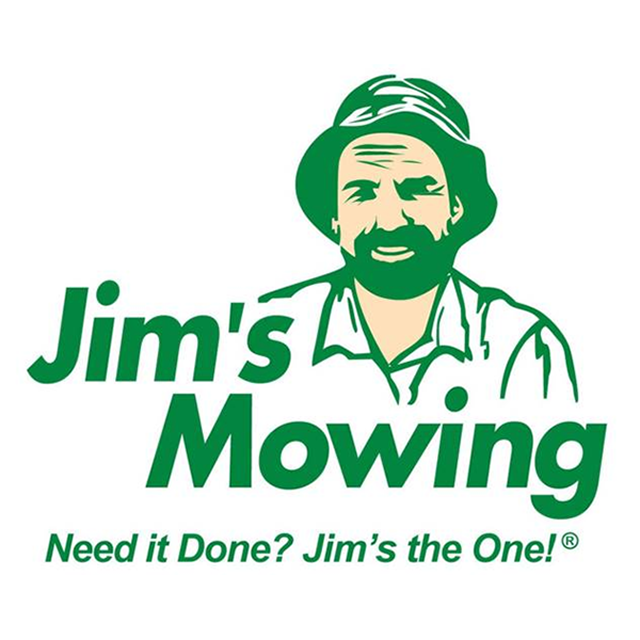
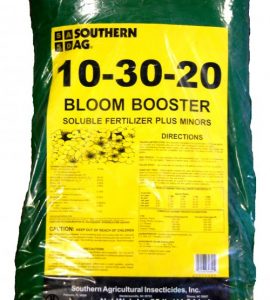
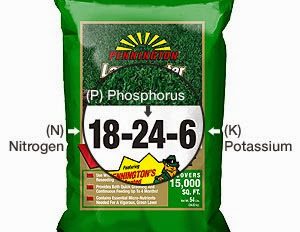
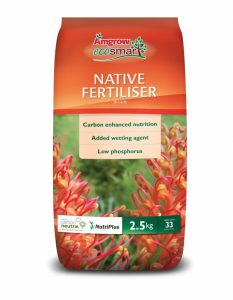
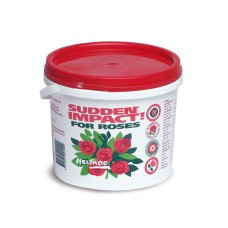
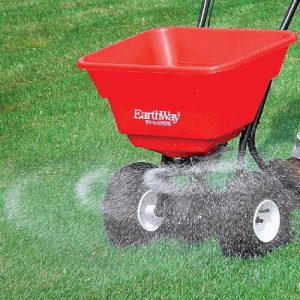
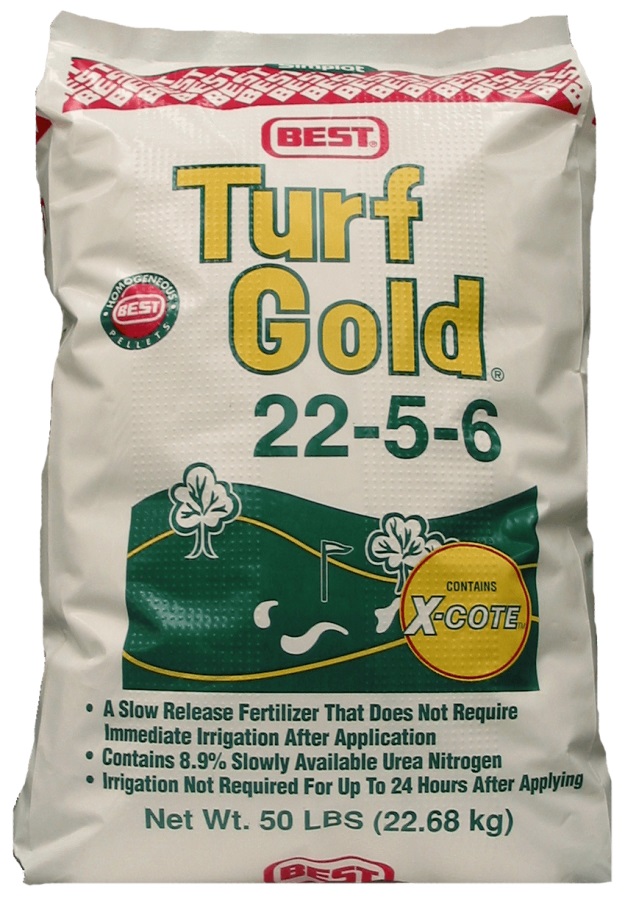
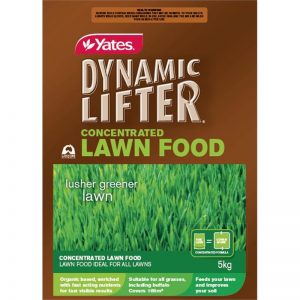

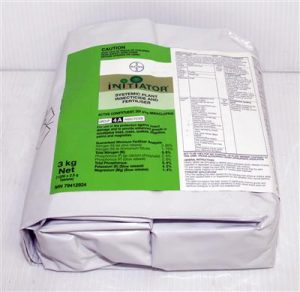
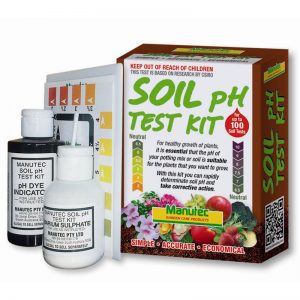
Recent Comments